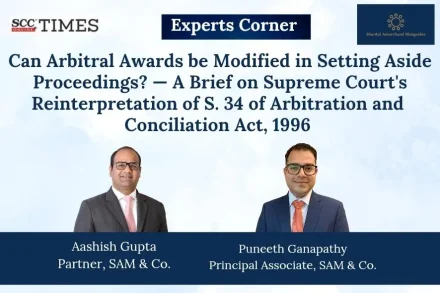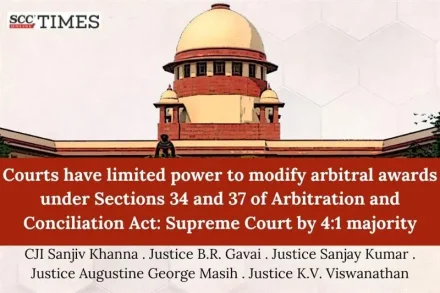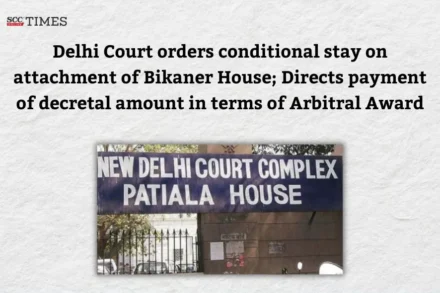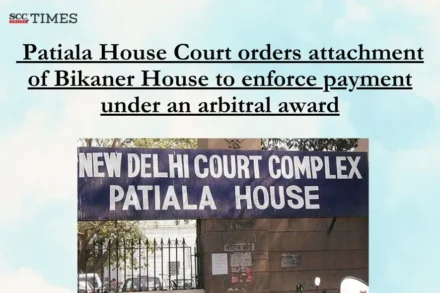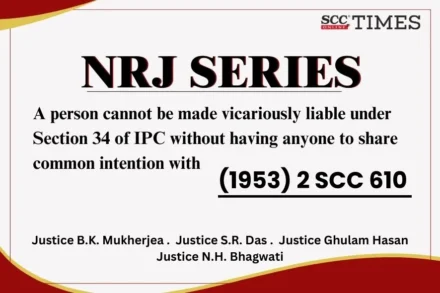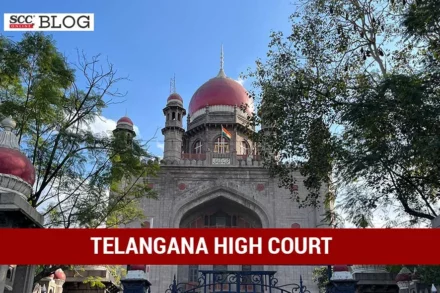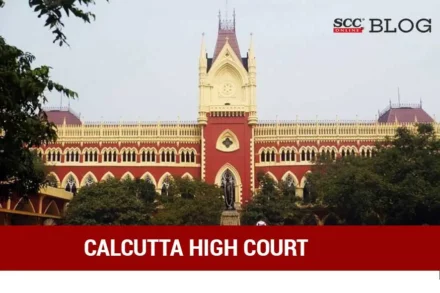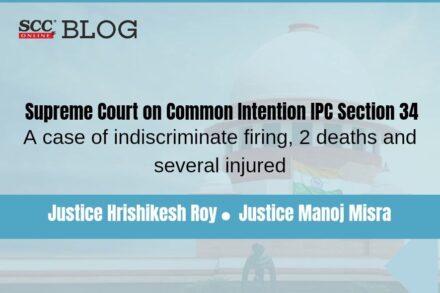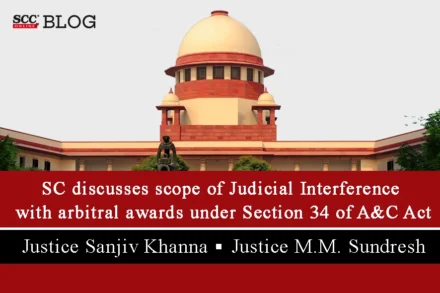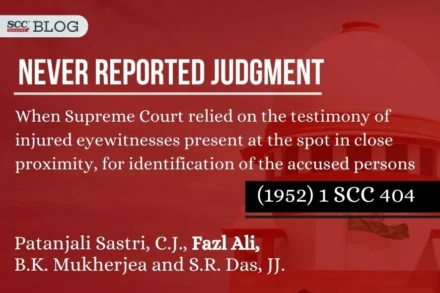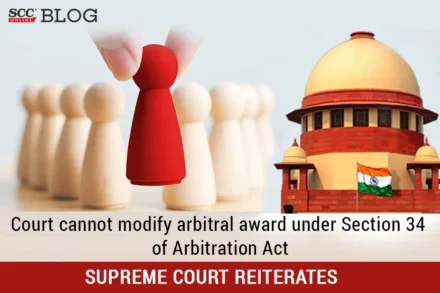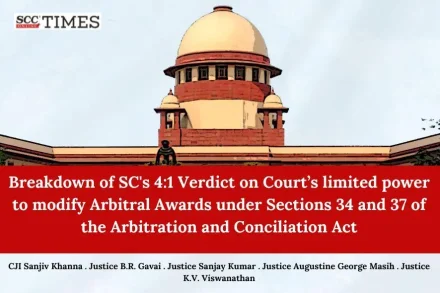
Breakdown of SC’s 4:1 Verdict on Court’s limited power to modify Arbitral Awards under Sections 34 and 37 of the Arbitration and Conciliation Act
The present controversy arose because the Arbitration and Conciliation Act, 1996, does not expressly empower courts to modify or vary an arbitral award, and Section 34 of the 1996 Act only confers upon courts the power to set aside an award.



